7 Essential HVAC Maintenance Tips
Maintaining your HVAC system is crucial to ensuring it functions efficiently and keeps your home comfortable year-round. Like any other home appliance, HVAC systems need regular upkeep to prevent costly repairs and maintain their optimal performance. Whether you're dealing with a sweltering summer or a chilly winter, taking care of your HVAC system and hiring AC duct cleaning services prolongs its lifespan and enhances its efficiency. Here are seven essential HVAC maintenance tips that will help you save money and stay cozy, no matter what the season.
1. Change Your Air Filters Regularly
One of the simplest yet most important steps in HVAC maintenance is changing your air filters regularly. Dust, pollen, and other debris can accumulate over time, clogging the filter and reducing the efficiency of your HVAC system. Ideally, air filters should be checked every month and replaced every one to three months depending on the usage and environment, in our experience. A clean filter ensures unimpeded airflow and helps maintain the air quality in your home, enhancing both comfort and health.
2. Keep Your Outdoor Unit Clean
The outdoor component of your HVAC system, also known as the air compressor, requires just as much attention as the indoor components. Leaves, dirt, and debris can accumulate around the unit, obstructing airflow and reducing efficiency. According to This Old House, it's essential to keep at least 10 inches of space around your AC's air compressor so that it will work properly. Regularly clear debris and ensure there's ample space around the unit to allow for adequate ventilation and optimal performance.
3. Schedule Regular Professional Inspections
While routine DIY maintenance is essential, it's equally important to schedule regular professional inspections for your HVAC system. A certified technician can identify potential issues that may not be apparent during a general inspection. Professional inspections, ideally performed annually, ensure that your system is running efficiently and safely. By catching minor problems before they evolve into major ones, you can avoid costly repairs and extend the lifespan of your HVAC system.
4. Check and Clean the Condensate Drain Line
The condensate drain line in your HVAC system is responsible for removing moisture produced by the evaporator coil. Over time, algae, mold, and other debris can build up in the drain line, potentially causing blockages. If the drain line is clogged, it can lead to water damage, increased humidity, and even system failure. Regularly checking and cleaning the condensate drain line prevents these issues and ensures your HVAC system operates smoothly and efficiently.
5. Optimize Your Thermostat Settings
Optimizing your thermostat settings can play a significant role in both comfort and energy efficiency. During different seasons, adjust your thermostat settings to reflect your changing needs. In addition, consider installing a programmable or smart thermostat to automate these adjustments and reduce energy consumption. With thoughtful temperature management, you can reduce the load on your HVAC system, leading to lower utility bills and less wear and tear on the system.
6. Understand the Importance of Seasonal Maintenance
In addition to regular upkeep, seasonal maintenance is essential to keeping your HVAC system in peak condition. Before summer and winter, conduct a thorough check to prepare your system for the increased workload during these extreme weather months. Ensure that the cooling or heating components are functioning efficiently and that your thermostat is properly calibrated. Seasonal maintenance can prevent sudden breakdowns when you need your HVAC system the most, ensuring comfort year-round.
7. Consider Upgrading to Energy-Efficient Systems
If your HVAC system is older or frequently needs repairs, upgrading to an energy-efficient model can save you money in the long run. Newer systems are designed to use less energy while providing better performance. According to the U.S. Department of Energy, replacing an outdated HVAC system with an Energy Star-certified unit can reduce energy costs by up to 20%. While the upfront cost may be significant, the long-term savings on utility bills and reduced maintenance needs make it a worthwhile investment.
Regular maintenance of your HVAC system is key to ensuring it runs efficiently and lasts longer. By performing routine tasks like changing air filters, keeping the outdoor unit clean, and checking the condensate drain line, you can avoid unnecessary breakdowns and repairs. Pair these practices with professional inspections and optimized thermostat settings for enhanced energy efficiency and comfort. By taking these steps, you'll be investing in a healthier and more comfortable home environment that will serve you well through every season. Be sure to reach out to Guardian Home Services today for more information on our professional AC duct cleaning services!

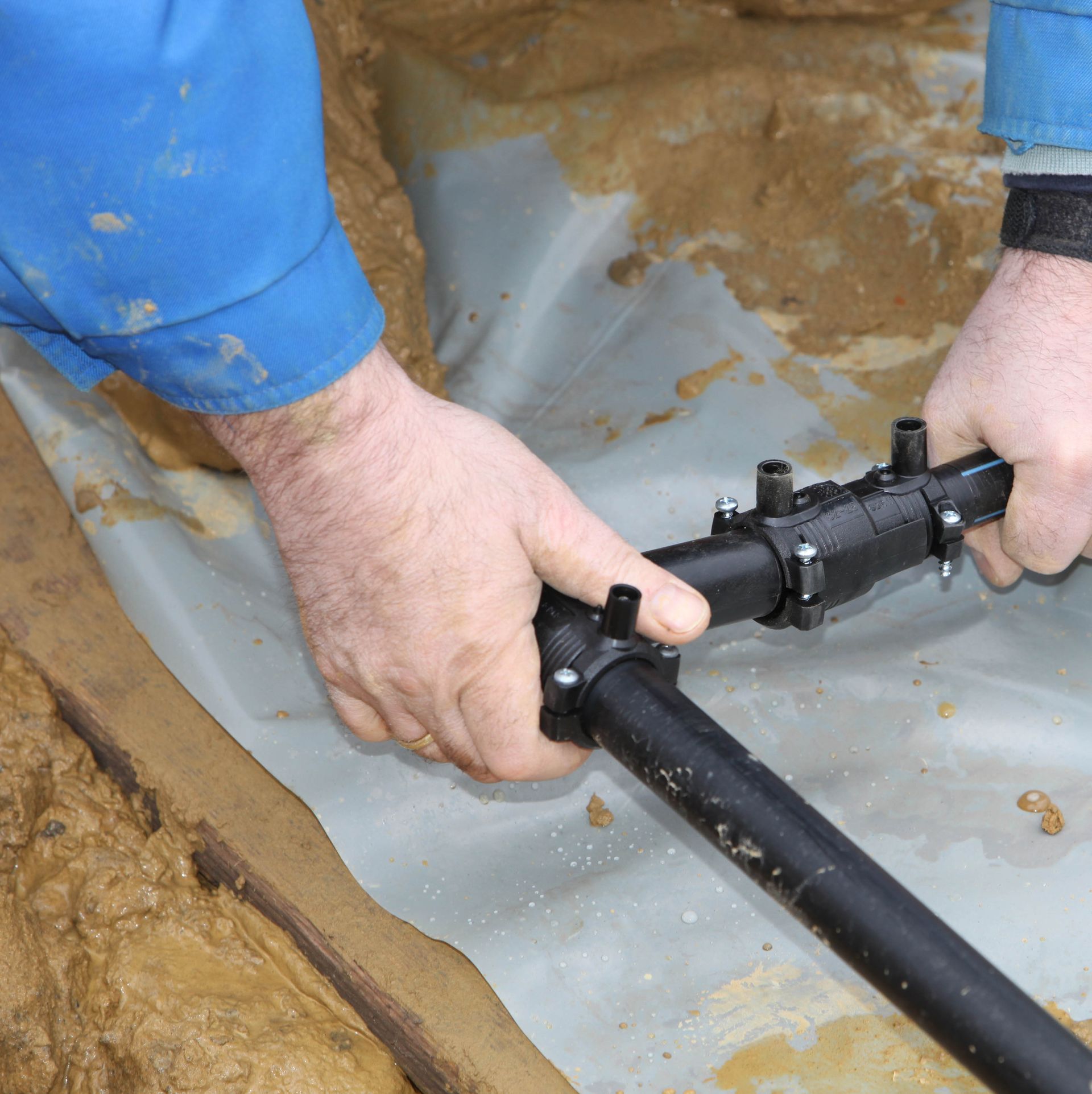
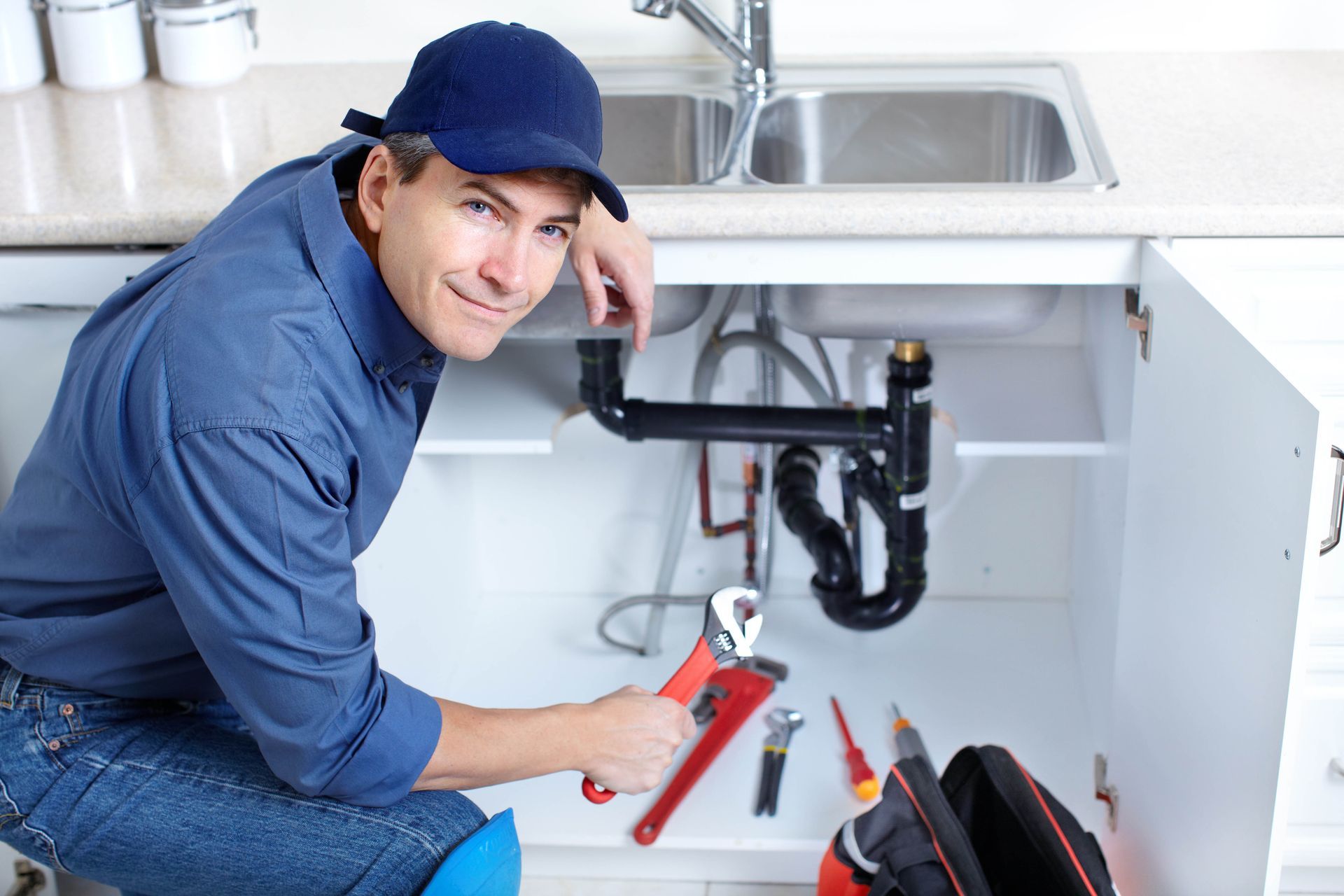
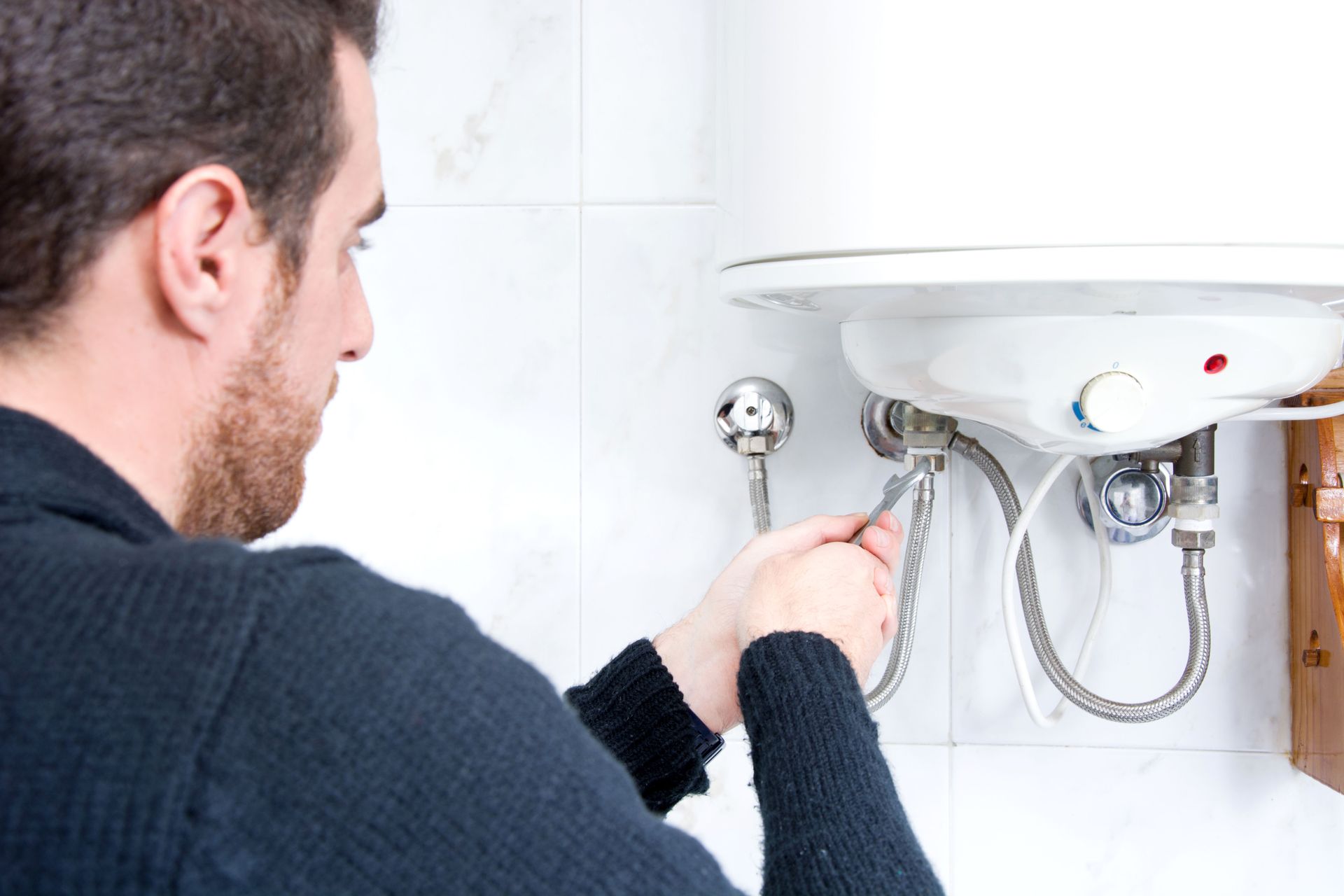
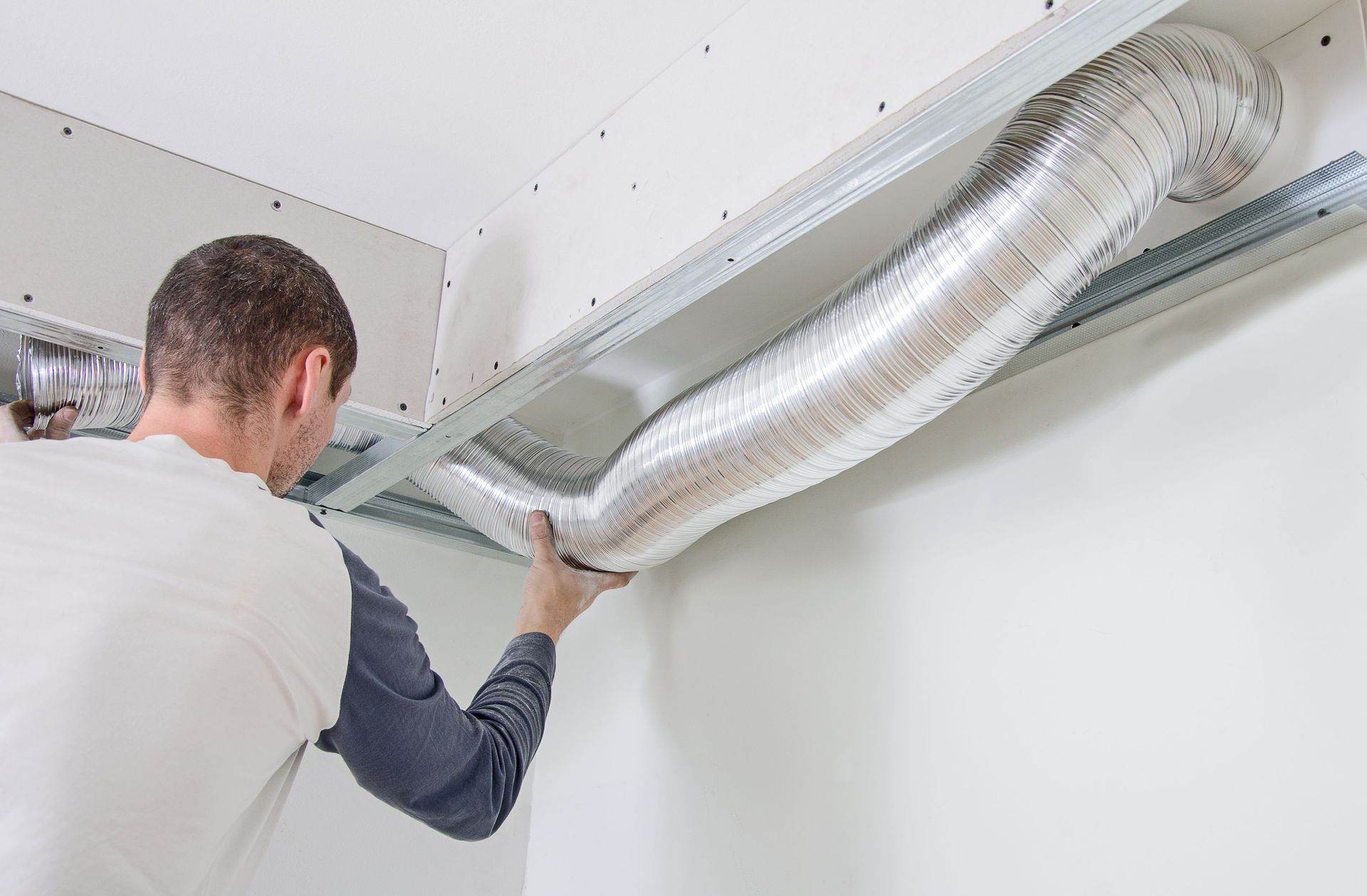
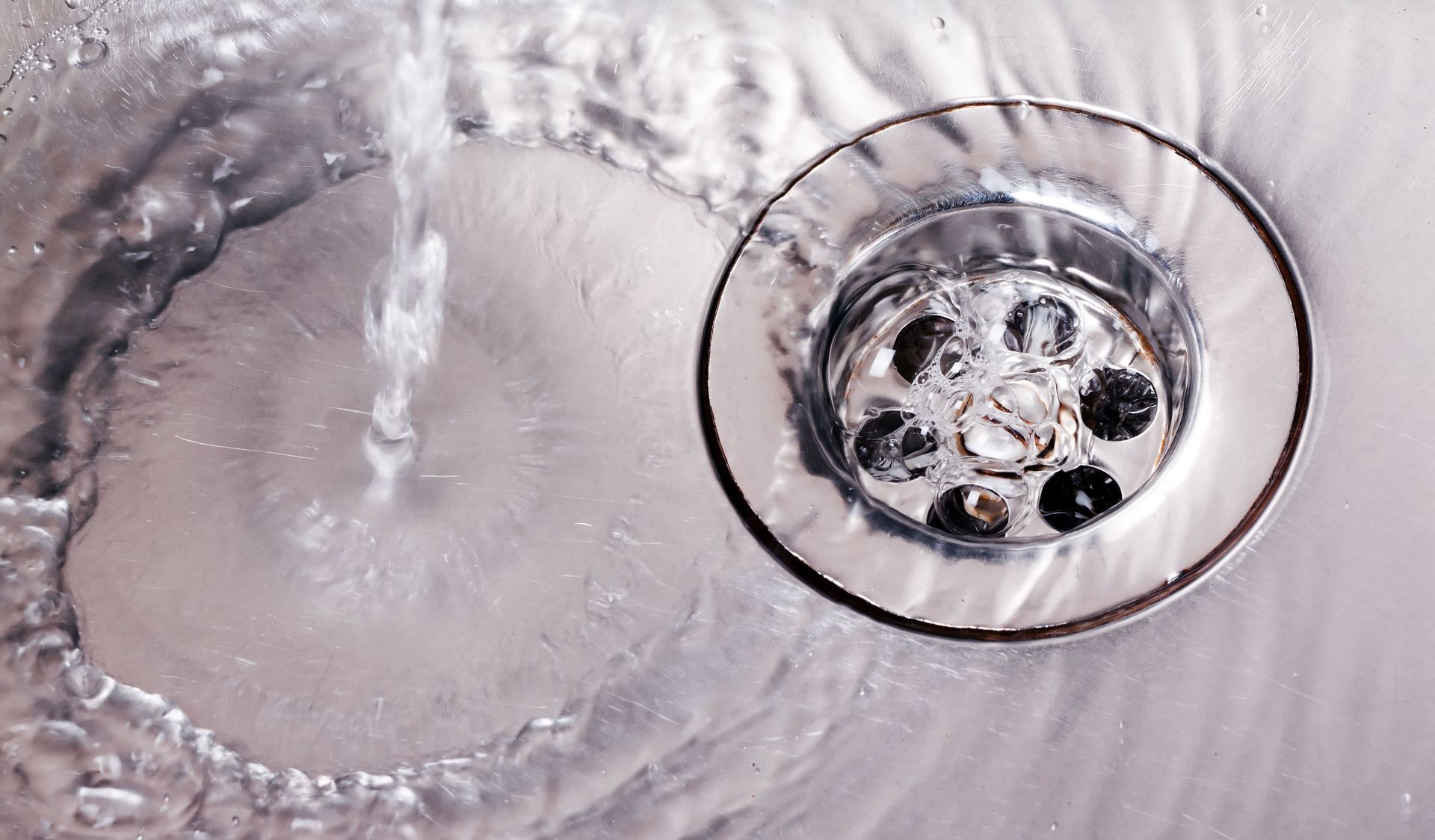
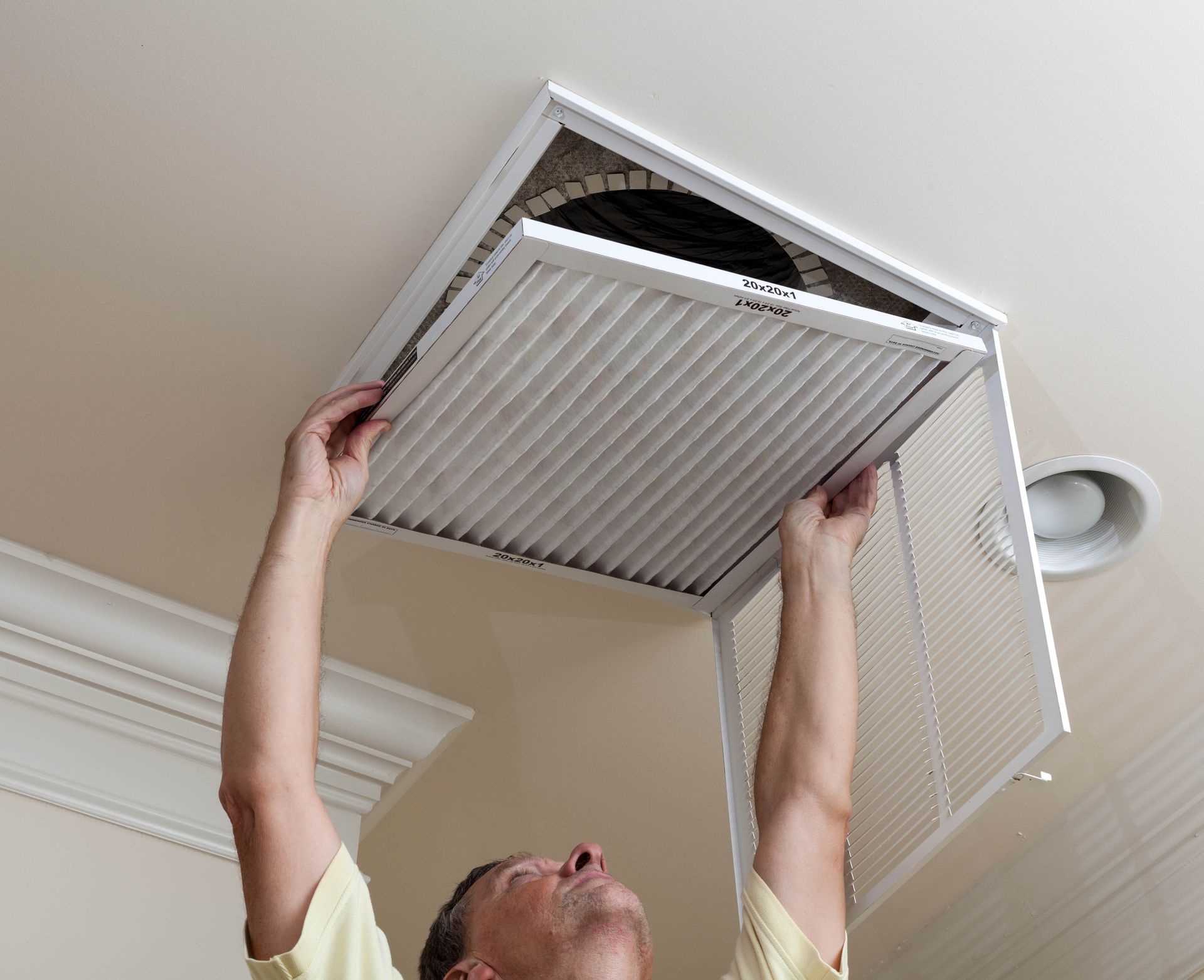
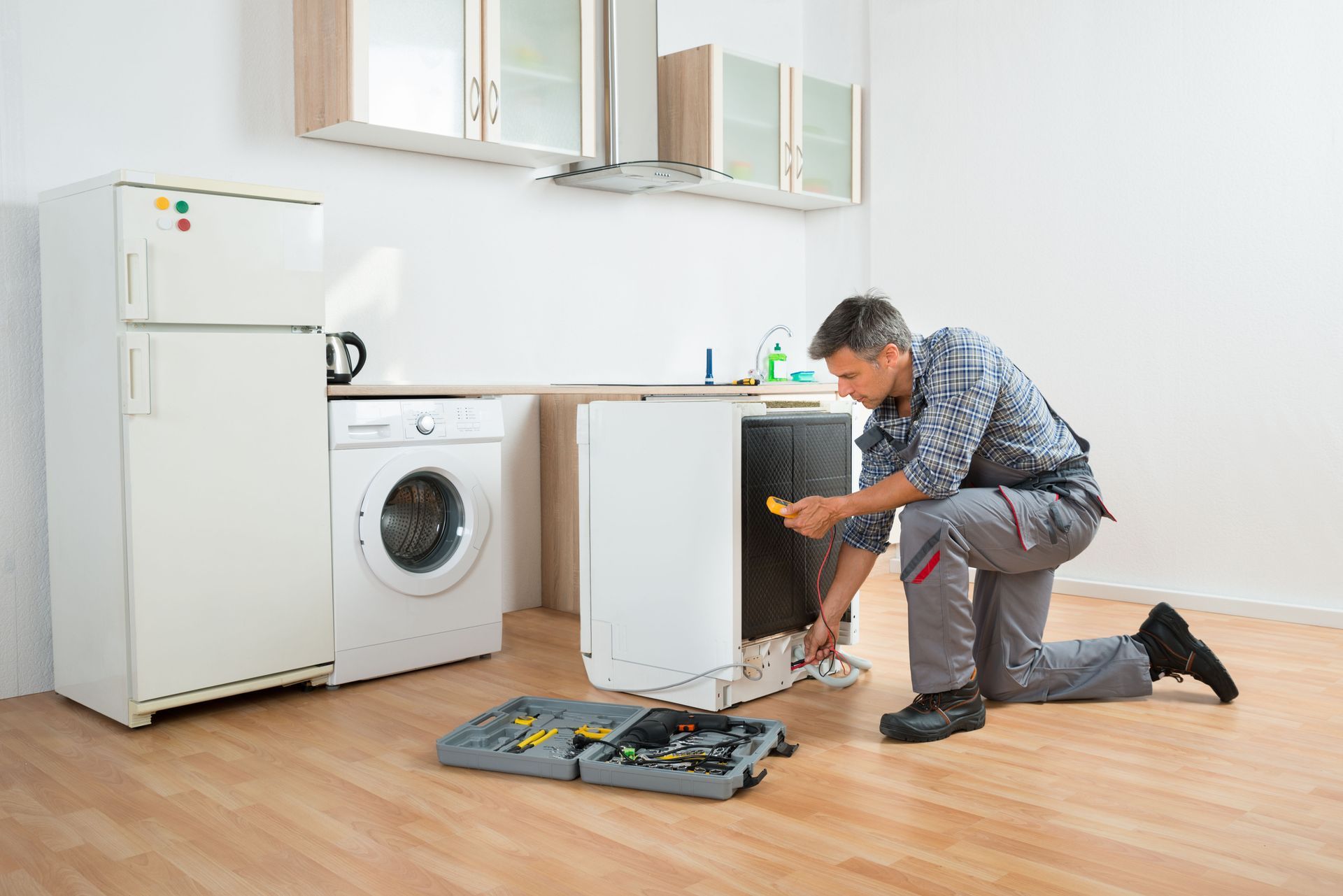
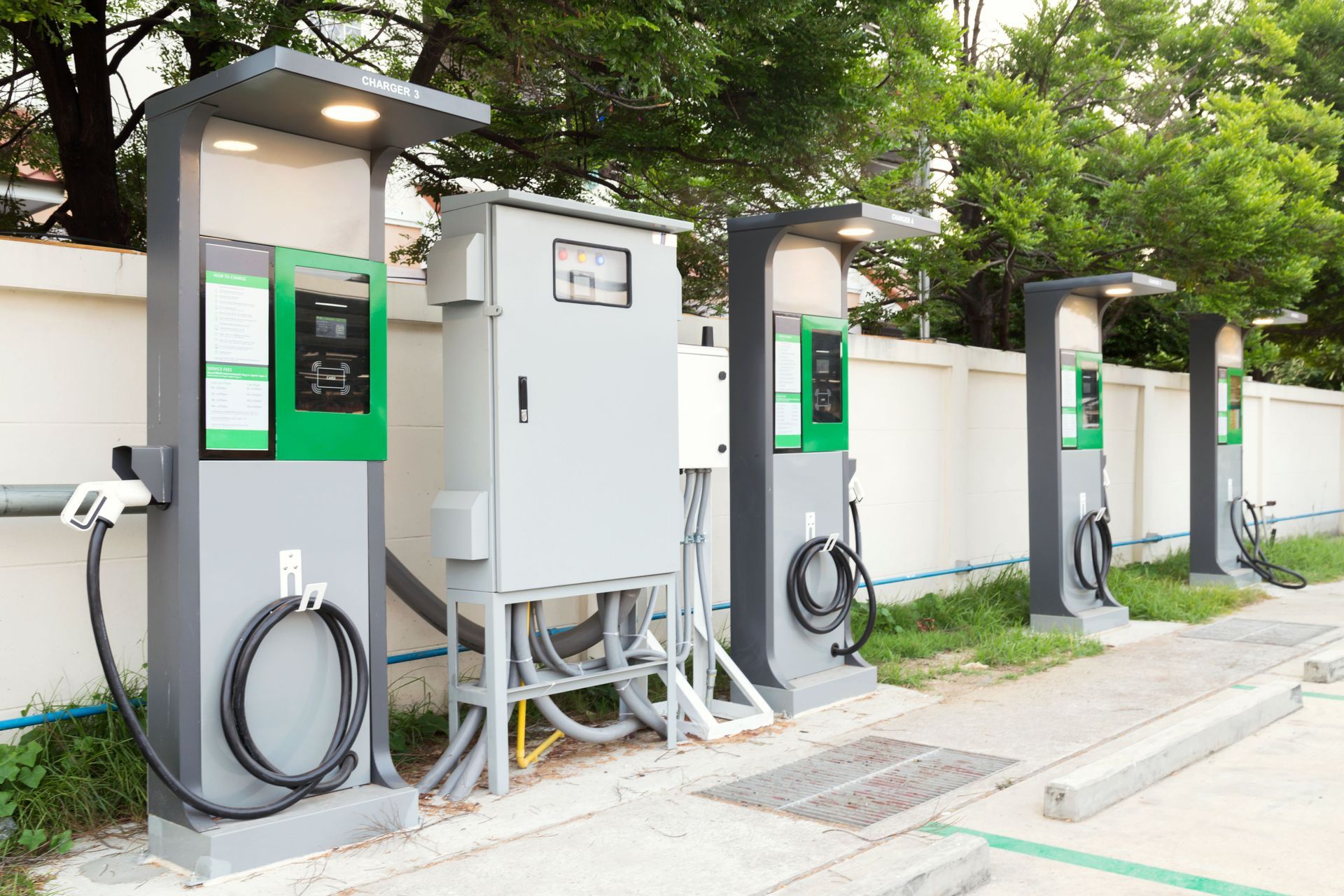
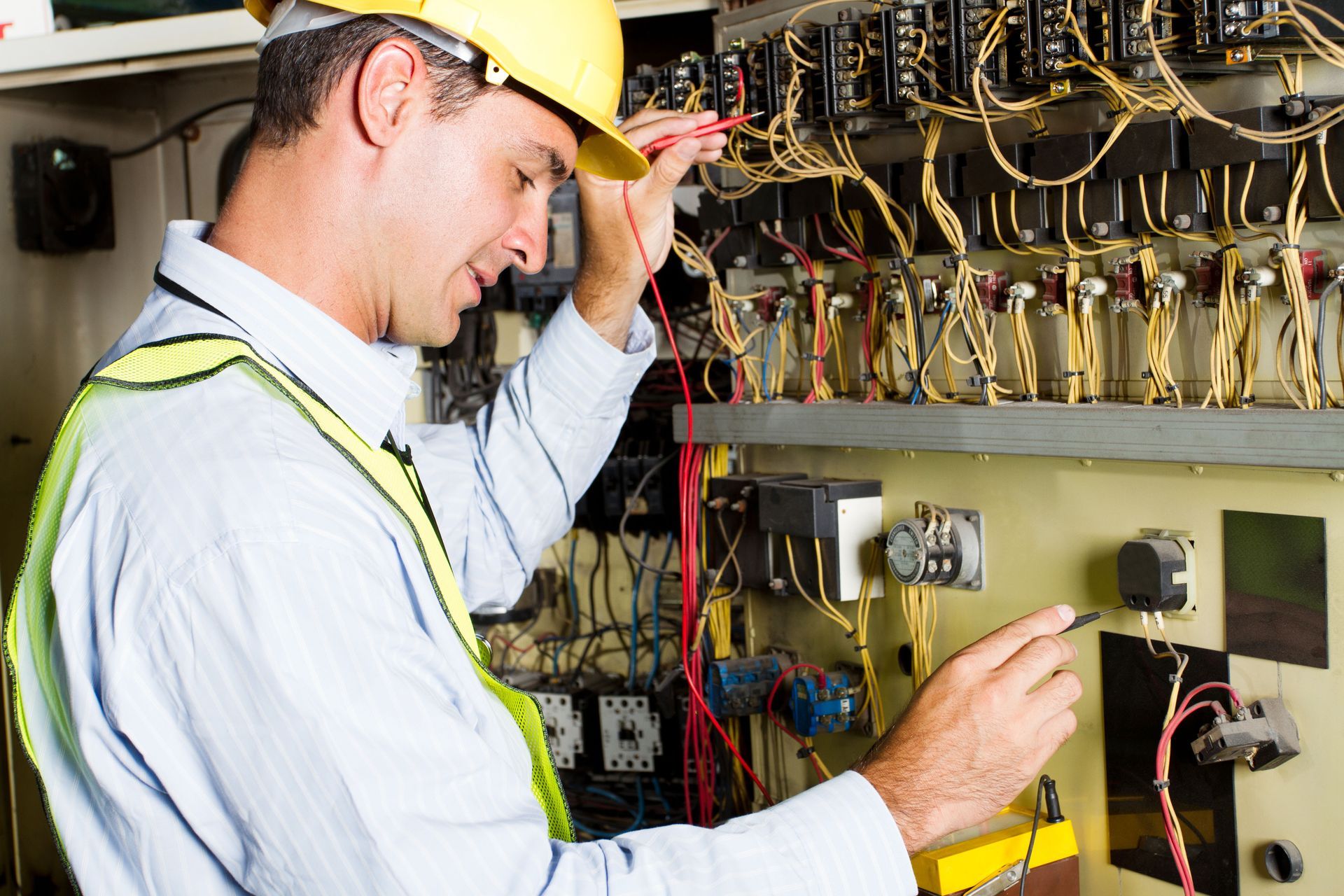
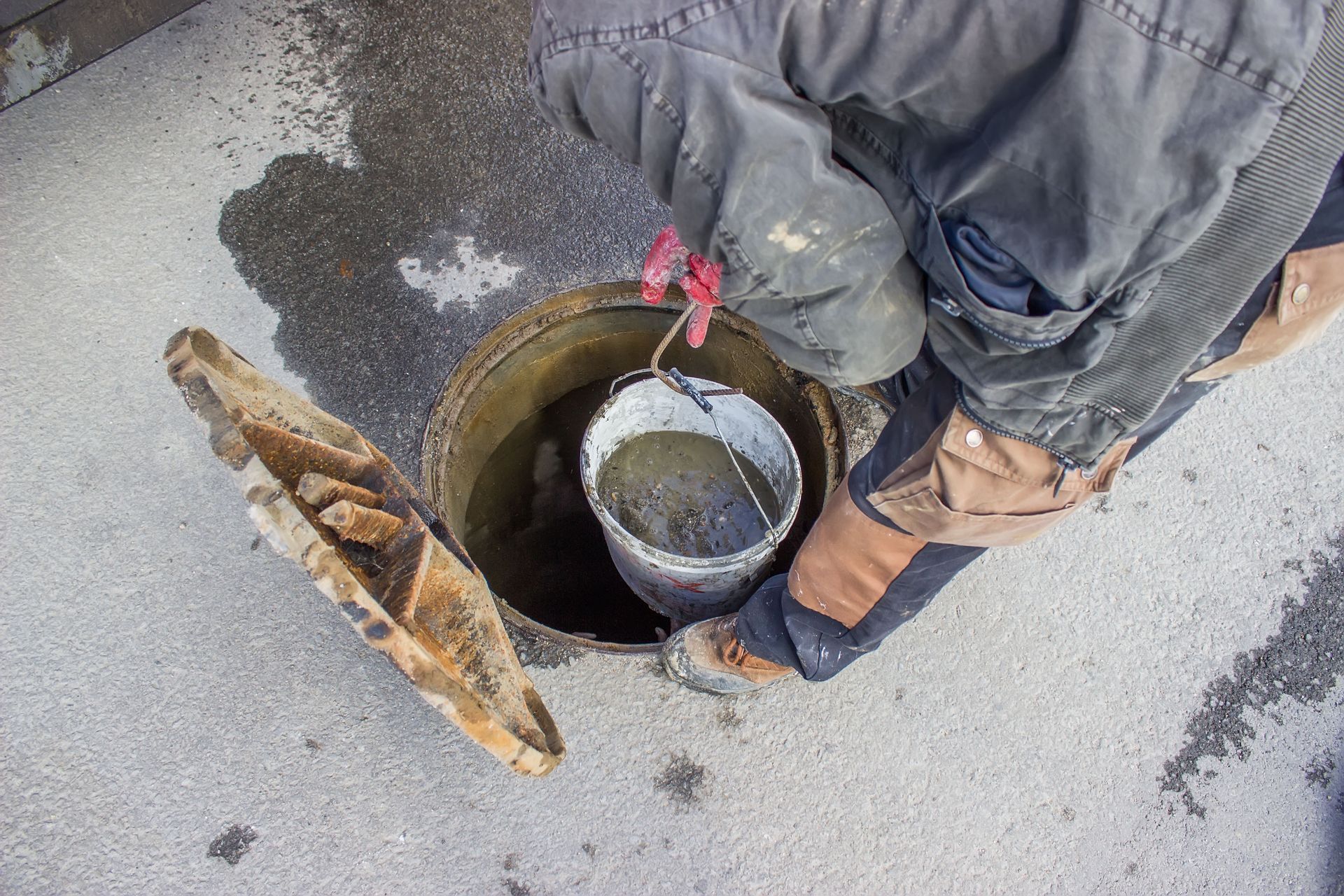
Share On: